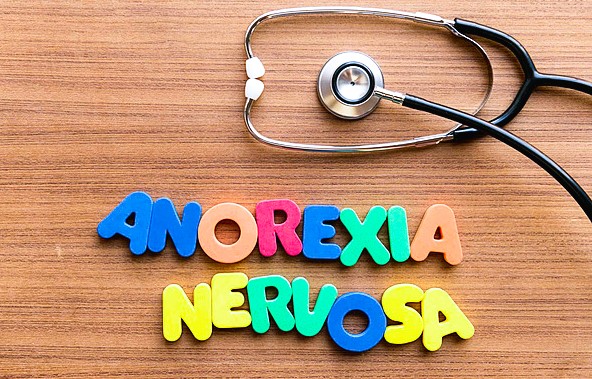Anorexia Nervosa: Causes, Symptoms, and Treatment
Explore the causes, symptoms, and treatment of Anorexia Nervosa. Learn how to recognize and manage this serious eating disorder. Understand Anorexia Nervosa today!


What is Anorexia Nervosa and Its Causes
Anorexia nervosa is a severe and potentially life-threatening eating disorder marked by self-imposed starvation and significant weight loss. Classified as a mental health disorder, anorexia nervosa is characterized by an intense fear of gaining weight and a distorted body image, leading individuals to restrict their food intake drastically. This disorder affects both males and females, although it is more prevalent among females, particularly during adolescence and young adulthood.
The development of anorexia nervosa is multifactorial, involving a complex interplay of psychological, biological, and environmental factors. Psychologically, individuals with anorexia often exhibit traits such as perfectionism, obsessive-compulsiveness, and high levels of anxiety. These personality traits can drive an overwhelming desire for control over one's body and environment, often manifesting through restrictive eating behaviors.
Biological factors also play a crucial role in the onset of anorexia nervosa. Research indicates a genetic predisposition to eating disorders, with studies showing a higher incidence of anorexia among individuals with a family history of the disorder. Additionally, neurobiological abnormalities, such as imbalances in neurotransmitters like serotonin and dopamine, may contribute to the development and maintenance of anorexia nervosa.
Environmental influences, including societal and cultural pressures, significantly impact the prevalence of anorexia nervosa. The pervasive idealization of thinness in media and society can lead to body dissatisfaction and a relentless pursuit of an unattainable physique. Traumatic experiences, such as physical or emotional abuse, can also trigger the onset of anorexia as individuals may use food restriction as a means to cope with distressing emotions or regain a sense of control.
Statistics highlight the gravity of anorexia nervosa within the population. According to the National Eating Disorders Association (NEDA), approximately 0.9% of American women and 0.3% of American men will suffer from anorexia nervosa at some point in their lives. These figures underscore the urgent need for increased awareness, early intervention, and comprehensive treatment strategies to address this debilitating disorder.
Symptoms and Treatment of Anorexia Nervosa
Anorexia nervosa manifests through a combination of physical, psychological, and behavioral symptoms that can severely impact an individual's health and well-being. Physically, those suffering from anorexia nervosa often experience significant weight loss, anemia, brittle nails, thinning hair, and amenorrhea in females. Other physical symptoms may include fatigue, dizziness, and an overall weakened immune system, making the body more susceptible to illnesses.
Psychologically, anorexia nervosa is characterized by an intense fear of gaining weight and a distorted body image. Individuals may perceive themselves as overweight even when they are dangerously underweight. This intense fear can lead to obsessive behaviors focused on food and body shape, contributing to the persistence of the disorder. The psychological impact often extends to feelings of worthlessness, anxiety, and depression.
Behavioral symptoms include extreme food restriction, such as skipping meals or eating very small portions, and an excessive preoccupation with calorie counting. Individuals might also engage in excessive exercise to burn off any consumed calories. Socially, those affected may withdraw from friends and family, avoiding situations where food is present to maintain their restrictive eating habits in isolation.
Treating anorexia nervosa requires a comprehensive, multi-disciplinary approach. Medical intervention is crucial to address and monitor physical health complications. Regular check-ups can help manage symptoms like electrolyte imbalances and nutritional deficiencies. Nutritional counseling plays a vital role in helping individuals develop healthier eating patterns and restore a balanced diet.
Psychotherapy, particularly Cognitive Behavioral Therapy (CBT), is a cornerstone of treatment, addressing the underlying psychological issues, such as distorted body image and fear of weight gain. CBT helps patients develop healthier thought patterns and coping mechanisms. Family-based therapy can also be effective, especially in younger patients, by involving family members in the recovery process.
Support groups offer a community of individuals who understand and share similar experiences, providing emotional support and reducing feelings of isolation. Early intervention is crucial, as it significantly improves the prognosis. However, treating anorexia nervosa presents challenges, including the potential for relapse. Long-term treatment plans and continuous support are essential for maintaining recovery and preventing relapse.
